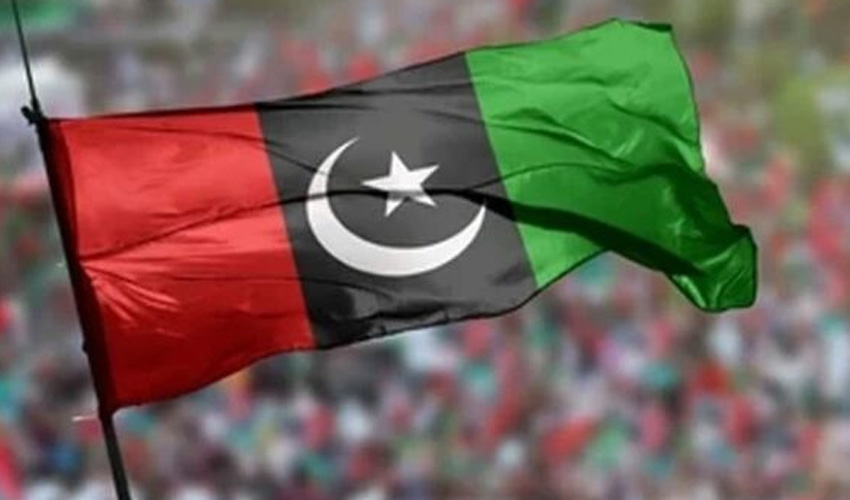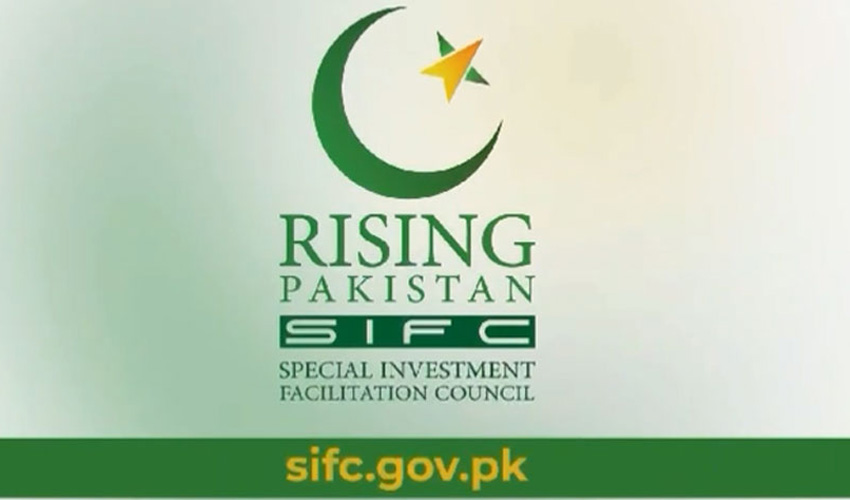The Ministry of Finance has released its latest monthly economic update, showing encouraging signs of improvement in Pakistan’s economy, bolstered by the approval of the International Monetary Fund (IMF) loan program.
According to the report, key economic indicators such as exports, remittances, and foreign investment have all shown growth, indicating a positive shift for the country’s economic future.
The report highlights a significant drop in inflation, which fell to 9.4% in August—marking the first time inflation has dropped to single digits in 34 months. The Ministry predicts that inflation will continue to decrease over the coming months, with estimates of 8% to 9% in September and October.
Despite these positive trends, the fiscal deficit has widened by 72.1%, increasing from Rs 225 billion to Rs 387 billion in July alone. While this rise presents a challenge, the overall economic trajectory remains optimistic due to other strong performances in key sectors.
From July to August, remittances jumped by an impressive 44%, reaching a record $5.93 billion. Similarly, exports have grown by 7.2%, totaling $4.86 billion in the first two months of the fiscal year. Imports have also risen by 13.8%, bringing the volume to $9.53 billion for July and August.
Additionally, Pakistan’s current account recorded a surplus of $171 million during these two months, demonstrating further signs of stability. Foreign direct investment (FDI) has seen a surge as well, increasing by 55.5% to reach $35 million. Total foreign investment has grown by 79.9%, with $453.2 million recorded, reflecting heightened investor confidence.
A notable reduction in the exchange rate was observed over the past year, with the price of the US dollar falling from Rs 293.89 to Rs 277.84, a drop of Rs 16. Loans to the private sector have decreased by 2.6%, totaling Rs 376 billion.
Meanwhile, total expenditures grew by 19.2 percent to Rs 768.6 billion in July FY2025 against Rs 644.9 billion last year. Consequently, the fiscal deficit was recorded at 0.3 percent of GDP as against 0.2 percent of GDP in the same month of last year. Primary balance managed to post a surplus of 0.1 percent of GDP compared to 0.3 percent of GDP last year.
The report also notes positive developments in other sectors. Production in major industries rose by 2.4%, while the Pakistan Stock Exchange saw a 77.9% increase in activity, with the index jumping from 45,889 to 81,658 points over the past year. Additionally, the registration of new companies grew by 14.7%, with 5,780 new businesses being registered as of September 26.
In terms of social support, the government has increased the quarterly installment of the Benazir Income Support Program (BISP) from Rs 10,500 to Rs 13,500. This adjustment will be implemented from January 2025, with the number of beneficiaries expected to reach 10 million by the end of this year. To further assist low-income families, mobile registration vehicles will be launched to ease the process of accessing these benefits.
During Jul-Aug FY2025, the FBR net tax collection grew by 20.6 percent to Rs 1,456 billion as compared to Rs 1,207.5 billion same period last year. In August 2024, FBR collected 19.0 percent more taxes to reach Rs 796 billion from Rs 669 billion last year.
The external account position has strengthened due to improved exports and remittances nevertheless imports also increased. During Jul-Aug FY2025, the current account registered a deficit of $0.2 billion compared to $ 0.9 billion last year. However, it recorded a surplus of $ 75 million in August 2024. During Jul-Aug FY2025, goods exports increased by 7.2 percent, reaching $ 4.9 billion, while imports stood at $ 9.5 billion, compared to $ 8.4 billion last year leading to trade deficit of $ 4.7 billion.
Meanwhile, amid diminishing inflationary pressures, improved inflation expectations and business confidence, the Monetary Policy Committee (MPC) cut the policy rate by 200 basis points to 17.5 percent in its decision held on September 12, 2024.



























